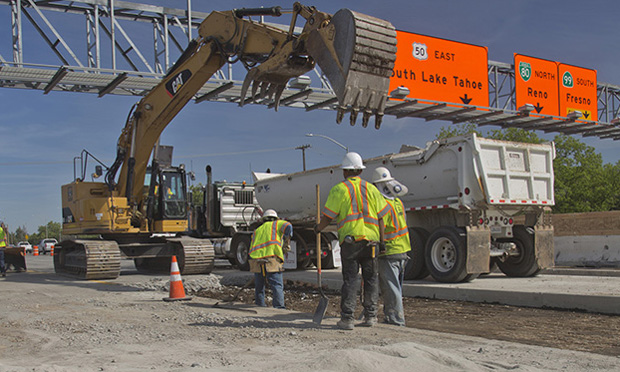The issue: Gas taxes are one of governments’ primary sources of funding for transportation projects, including highway construction and bridge repairs. In many parts of the country, revenue generated by the per-gallon charge on fuel has stalled or fallen sharply, thanks partly to improved vehicle fuel efficiency. Policymakers at both the state and federal levels are considering new funding sources to supplement gas tax proceeds. While tax increases generally are politically unpopular, legislators in some states have approved increases to fuel tax rates in recent years to bring in more money for transportation projects.
An academic study worth reading: “Searching for a Tolerable Tax: Public Attitudes toward Roadway Financing Alternatives,” published in Public Finance Review, 2016.
Study summary: This study, led by Indiana University economist Denvil Duncan, analyzes survey data to gauge the public’s interest in new sources of revenue to fund road construction and maintenance. The study focuses on five possible revenue sources: 1) higher fuel tax rates 2) increased reliance on tolls 3) higher retail sales tax rates 4) higher income tax rates and 5) a new mileage use fee. Data were taken from an internet-based public opinion survey that was designed and sponsored by the Indiana University School of Public and Environmental Affairs and conducted from August to September 2013 by GfK, a private market and consumer research group. The researchers examined response data from 2,087 U.S. adults.
Key takeaways from the study:
- There were low levels of public support for all five revenue options. The evidence “points to stronger intensity of opposition than intensity of support across all alternatives.”
- Of the five options, the least popular was an increase in the personal income tax. Only 13 percent of survey respondents reported supporting that funding mechanism.
- About one-third of survey participants expressed support for an increased reliance on tolls (34 percent). Approximately the same proportion (29 percent) supported a higher gas tax.
- Roughly one-fifth of participants reported supporting a mileage user fee (21 percent) while a similar portion (18 percent) supported a higher retail sales tax.
Helpful resources for reporters writing about this issue:
- The National Conference of State Legislators (NCSL) tracks state-level actions related to gas taxes.
- The NCSL’s Transportation Funding and Finance Legislation Database offers details about transportation funding and legislation that has been introduced in the 50 states and District of Columbia since 2013.
- The Federation of Tax Administrators has released a number of reports on fuel tax rates, including a state-by-state comparison of rates.
- Individual state governments offer a host of data and reports about their transportation systems. For example, the North Carolina Department of Transportation website features colorful charts highlighting its various funding streams and expenditures.
- The U.S. Energy Information Administration collects data on gasoline and diesel fuel prices.
- The U.S. Department of Energy publishes current and historical data on the prices of alternative fuels such as propane, biodiesel and ethanol.
- Journalists may want to consider reaching out to these and related organizations for input as a part of their news coverage of this issue: The National Stone, Sand and Gravel Association, which is an advocate for the aggregates industry, and the American Road & Transportation Builders Association.
Related research:
- A 2014 study from scholars at Michigan State University and California State University, Sacramento, “Perception of Gasoline Taxes and Driver Cost: Implications for Highway Finance,“ finds that taxpayers overestimate the amount they pay in fuel taxes and that overestimation influences how voters perceive issues related to highway revenue and investment.
- A 2013 report from the U.S. Department of Transportation looks at various aspects of the nation’s transportation system, including the financing of highways and transit systems and an analysis of potential capital investment impacts.
- A 2011 report from the Congressional Budget Office looks at federal spending on highways and mass transit systems and options for meeting projected revenue shortfalls in the nation’s Highway Trust Fund.
Keywords: gasoline tax, gas tax, fuel tax, public opinion, mileage user fee, road tax, toll, tollway, highway financing


Expert Commentary